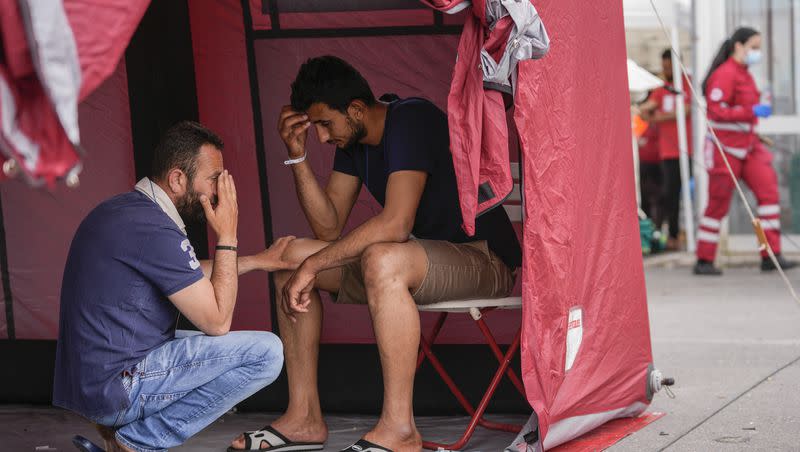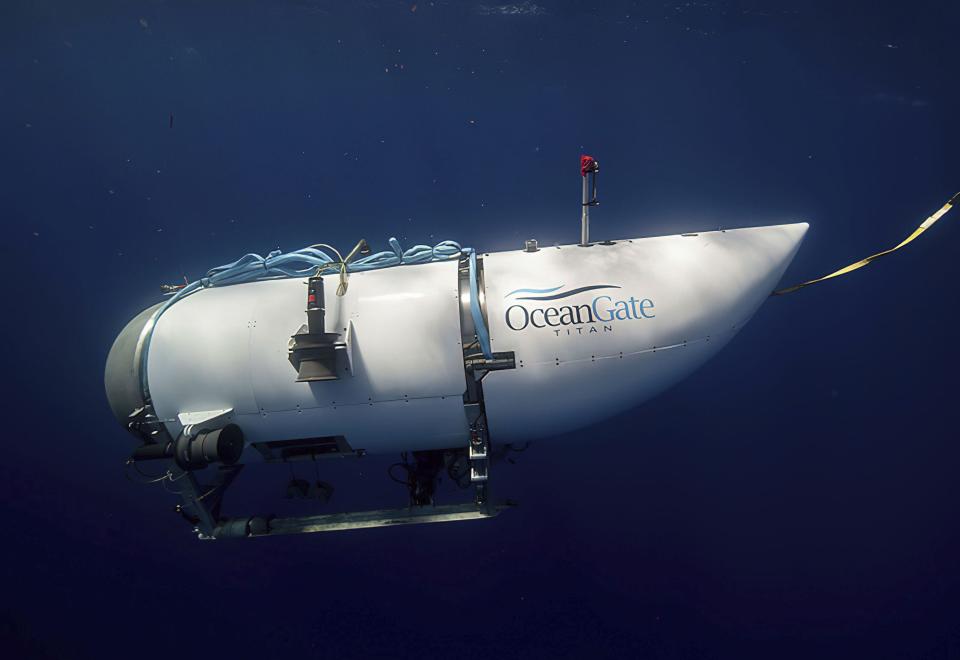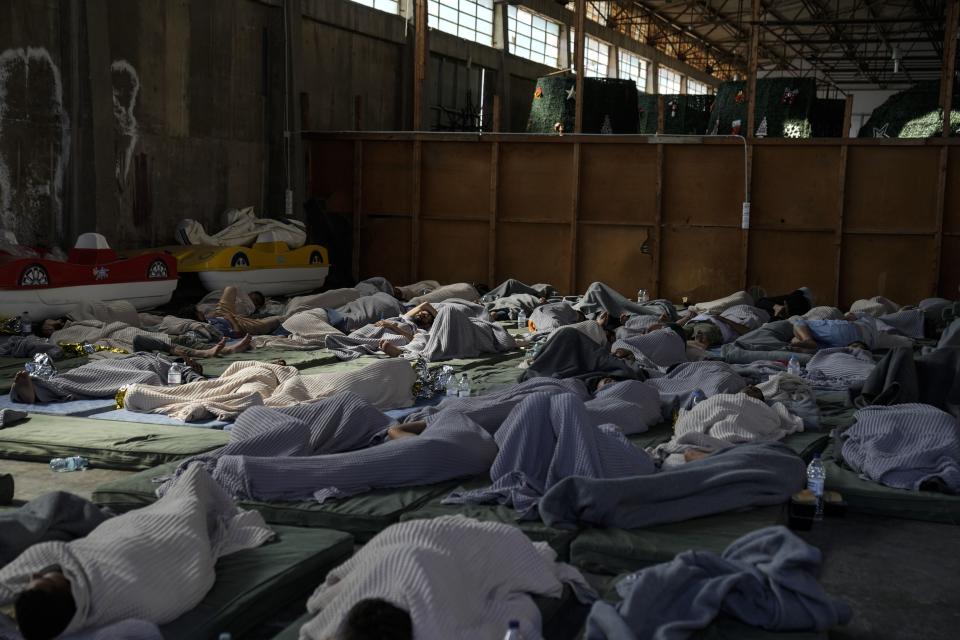Opinion: A tale of two tragedies at sea

Deep water. Cramped space. At-sea disaster. Lost life. Not just one, but two tragedies.
One generated multinational attention and multimillion-dollar rescue efforts. The other, just a blip on our collective radar. All lives are precious but not all lives (or deaths) receive the same attention.
The loss of any human life is a tragedy, whether that is one or five, hundreds or thousands. This week, the world has been riveted by a little craft with five people crammed inside, trying to get a glimpse of the Titanic some 12,500 feet below sea level. After five days of searching, we now know how it ended: with a “catastrophic implosion” of the vessel and the deaths of all five people on board.
Last week, a boat sank off the coast of Greece, killing hundreds of people. Initial estimates were 300 dead, then 400, and now estimates are in the 700 range. It may be the “worst ever tragedy” of its kind, said Ylva Johannson, the EU’s migration and home affairs commissioner. According to the United Nations Refugee Agency, UNHCR, almost 25,000 migrants have lost their lives at sea since 2015.
A fishing boat that could normally hold 400 was crammed with 800 people when it capsized and sank in some of the deepest waters of the Mediterranean. The Greek Coast Guard followed the ship for hours and then watched it sink. Every single woman and child on board perished, and all but 100 of the men. Some survivors described the women, children and Pakistani citizens being locked in the hold, with no chance of escape.
Related
Boat full of migrants sinks off coast of Greece, 79 dead and hundreds missing
Missing Titanic submersible updates: Passengers and pilot presumed dead
We know the passengers on the Titan paid $250,000 each, while the passengers on the fishing trawler paid somewhere between $4,000 and $8,000 for their ultimately deadly journey. I suspect that the thousands paid by migrants was harder to scrape together than the quarter-of-a-million paid by the Titan passengers. In either case, each passenger had a choice in how they spent the funds available to them. Five chose to spend their money on risky exploration, while hundreds spent theirs on a risky chance for a new start.

One potential passenger on the Titan, Chris Brown, paid a deposit to join the deep-sea expedition, but pulled out over safety concerns. Migrants who hesitated to board an already overcrowded fishing boat were herded on board at the point of a sword, presumably because the human smugglers wanted to maximize their profits.
Two of the passengers on the Titan were Pakistani nationals: Shahzada Dawood and his teenage son, Suleman. Shahzada is heir to one of Pakistan’s biggest private fortunes, and his personal worth is valued in the hundreds of millions. His name is well known in business and philanthropic circles in Pakistan, the United Arab Emirates and Britain. The 350 Pakistani citizens on the fishing vessel are largely nameless and faceless, unknown except to their families. Their lives are no less valuable.
Related
There are conflicting, and changing, accounts of the response to the sinking migrant ship. Greek officials said their Coast Guard offered assistance, but the ship’s captain refused. However, the Coast Guard also reported that it would have been “too dangerous” to try to evacuate “unwilling” migrants. Alarm Phone, a refugee support organization that runs a hotline for migrants, disputes that account, saying they had been in contact with people desperate for assistance. They also reported that the captain abandoned the ship before it sank. There are conflicting reports that he is among those few arrested for the disaster, and some reports are saying he died.

Survivors describe a line attached to the ship and a sudden tipping of the ship to one side, leading to the sinking. At first, the Greek Coast Guard denied that any line was attached, then later said that there had been a line attached, but there was no towing underway. The BBC also disputes the Coast Guard’s assertion that the trawler was moving right up until it capsized. Instead, their investigation found that it had been stationary for at least seven hours before sinking. Frontex, the EU Border Agency, said it offered additional assistance to the Greek Coast Guard, including a plane, but the Greek Coast Guard never responded.
The men on the Titan have been hailed as brave for undertaking a risky voyage. The hundreds who lost their lives in the Mediterranean were just as brave.
More action is needed to prevent further tragedies. “The Greek government had specific responsibilities toward every passenger on the vessel, which was clearly in distress,” Adriana Tidona of Amnesty International said. “This is a tragedy of unimaginable proportions, all the more so because it was entirely preventable.” U.N. Secretary-General Antonio Guterres said on Thursday, “The world needs migration. But migration needs to be done in a regular and orderly way. And if countries do not engage in creating the conditions for an orderly and regular migration, migrants will be in the hands of smugglers and traffickers, and the consequences will be as tragic as we have seen.” The EU’s executive commission said at the beginning of June that it was close to reaching an agreement on sharing responsibility for migrants and refugees.
There is undoubtedly even more urgency today.
Holly Richardson is the editor of Utah Policy.

